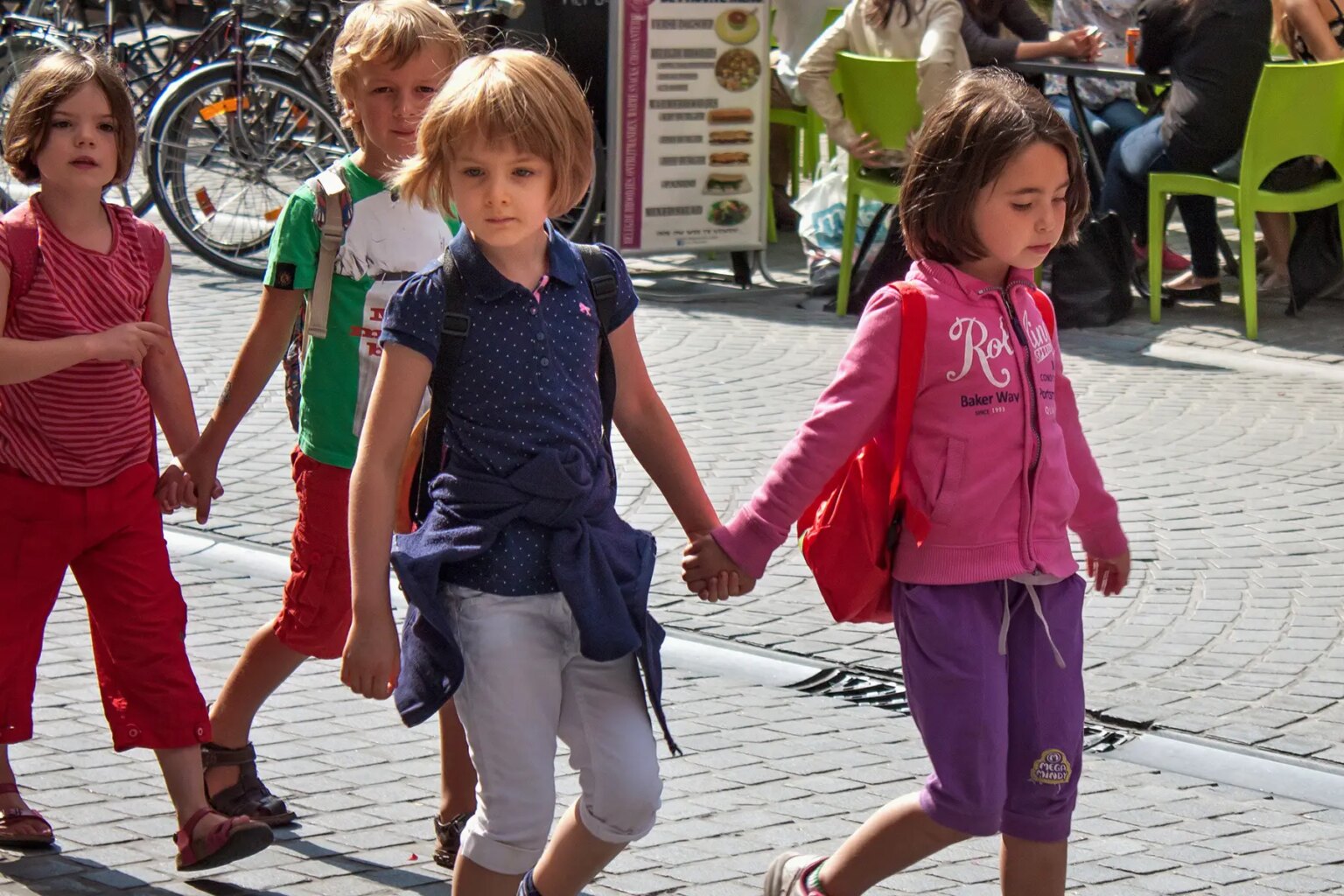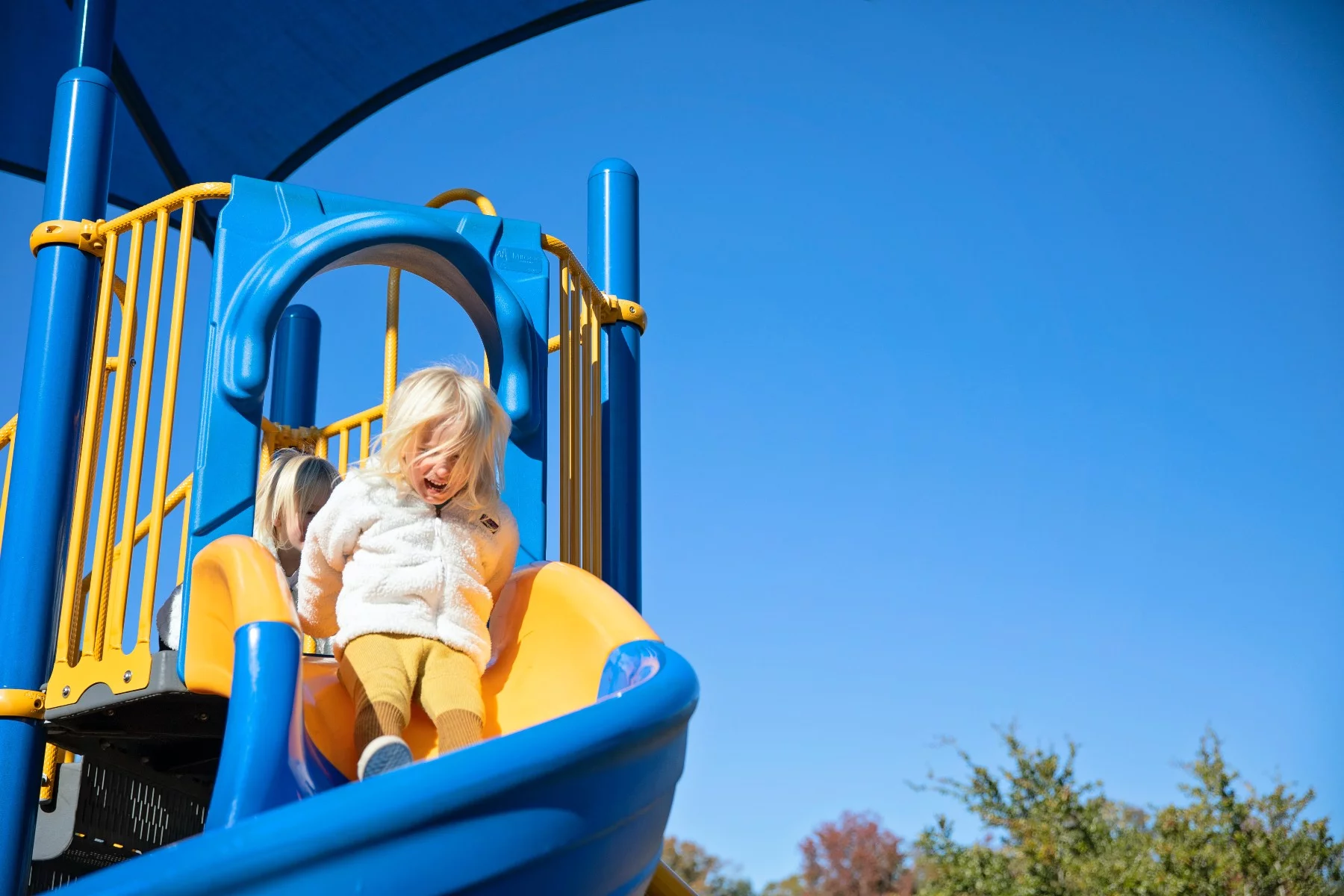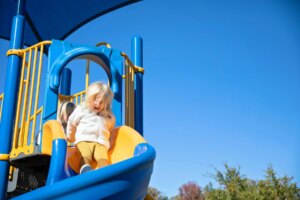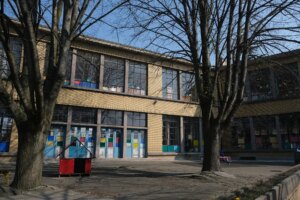With a large range of schooling styles and levels, and regulations which vary between the Dutch-, French-, and German-speaking communities, understanding the different types of schools in Belgium can be overwhelming at first. While most Belgian children attend free public schools or subsidized religious schools, private education – including international schools – is also popular, especially among expats.
The good news is, with so much choice, you are sure to find something that will suit your child’s needs, whether they are just starting their education or looking to complete internationally recognized secondary qualifications.
This article provides an overview of the education system in Belgium and includes the following information:
- Education in Belgium
- Preschool education in Belgium
- Primary education in Belgium
- Secondary education in Belgium
- Graduating in Belgium
- Support for children with special educational needs (SEN) in Belgium
- Changing schools in Belgium
- Homeschooling in Belgium
- Educational support for expat students in Belgium
- Useful resources
Cigna Global
Enjoy peace of mind for your family while living in Belgium with Cigna Global’s long-term international health insurance plans (12+ months). Get tailored coverage, direct billing with many providers, complex case management, and global care on demand, with access to a network of 1.5+ million doctors, specialists, and pediatricians.
Education in Belgium
Belgium is divided into three distinct language communities:
- Dutch-speaking
- French-speaking
- German-speaking
Each community has its own regulations in regard to the education system and enrolment in schools.
While some aspects may differ, the compulsory school age throughout Belgium is between six and 18. Compulsory education is divided into primary (6–12 years) and secondary (12–18 years). Before the compulsory school age, there are also free pre-primary school facilities for children aged 2.5 years and over.
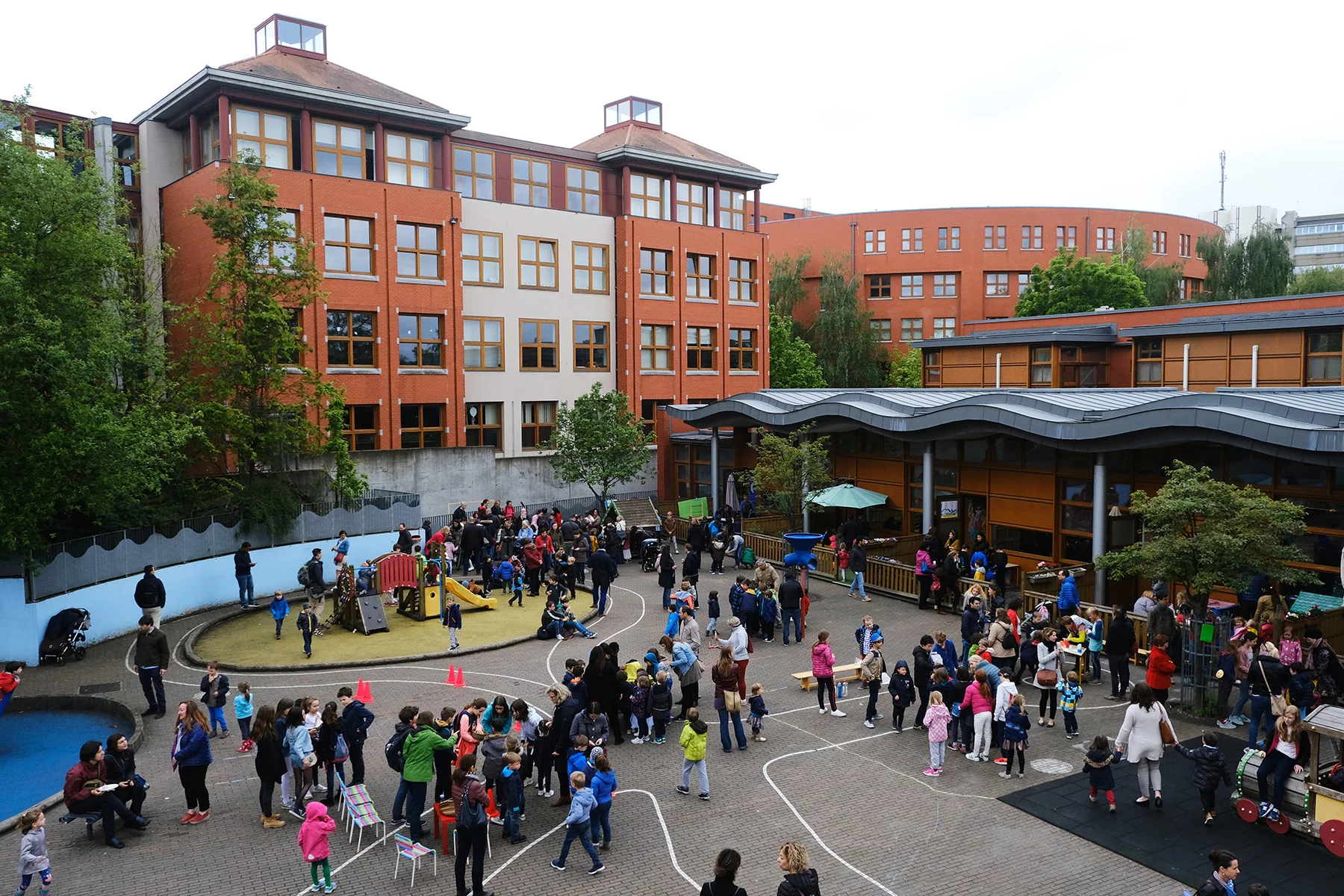
Within each region there are three main types of institutions:
- Community schools – gemeenschapsonderwijs or GO! (in Dutch); réseau de la Communauté française (in French). State education that is neutral in terms of religion
- Subsidized public schools – officieel gesubsidieerd onderwijs; réseau officiel subventionné, organized by municipalities
- Subsidized private schools – vrij gesubsidieerd onderwijs; réseau libre subventionné, including schools with a religious affiliation
- Fee-paying private schools: including international schools and Montessori schools
Enrolling at a school in Belgium
All children living in Belgium must enroll within the first 60 days of their registration in the municipality. The documents you will need to enroll include:
- proof of identity
- a residence visa for Belgium (if applicable)
- proof of vaccinations in Belgium
- proof of address
- any previous academic records
Those children without official residence documents also have the legal right to register in a school.
Schools do not work based on a catchment area, so you are free to choose any location. However, this can mean that the closest school may be full. There are different enrolment systems for Dutch-language and French-language public schools, and depending on when in the academic year you are relocating. For specific information, it is useful to visit the corresponding Department for Education depending on whether you are moving to the Dutch-speaking community, the French-speaking Community, or the German-speaking community.
It may be, however, that you would prefer your child to follow a more global curriculum, and obtain internationally-recognized qualifications. International schools are popular amongst expats, especially if relocating with a company that can subsidize the fees. You can find more information on the range of international schools available in our guide to international schools in Belgium.
No matter what you choose, education standards are high in Belgium. Annual reports by economic organization OECD report rank Belgium’s education among the top 10 countries, with students performing above average in science, mathematics, and reading. Investment in education is also one of the highest among the 40 OECD countries.
Preschool education in Belgium
Preschool education is not compulsory, but can be very useful for a number of reasons. Public funding means nurseries and pre-schools provide free childcare for working parents. Plus, while there are few formal lessons, classes actively prepare children for school on an educational and social level through play-focused learning. As a result, over 90% of children attend a pre-school in Belgium. Do be aware, however, that places in popular preschools can be limited.
Nurseries are available for babies and toddlers up to 2.5 years and kindergartens (kleuteronderwijs in Dutch, enseignement maternelle in French) from then until school age. Often, a kindergarten has a relationship with a local primary school, making for an easy transition into formal education.
Primary education in Belgium
The primary school system in Belgium
Primary education – lager onderwijs in Dutch and enseignement primaire in French – is compulsory from ages six to 12. The local departments of education oversee the requirements and curriculum of each region.
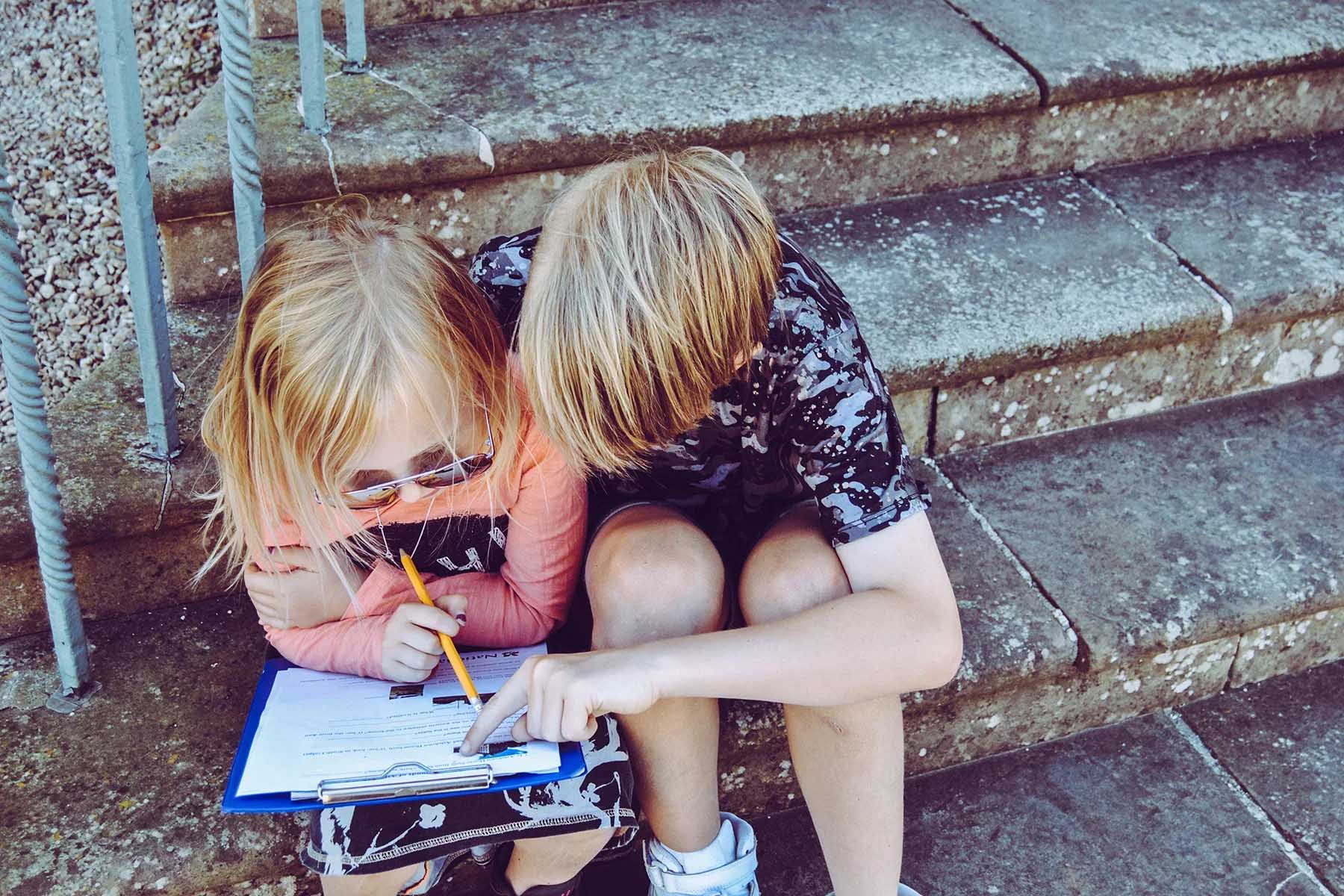
Establishing the correct pace of education is important in Belgium. Children receive assessments at every level, from pre-primary to secondary schooling, to determine whether they are ready to move forward. As a part of this testing it is common for children to repeat a year, and doing so has no negative stigma attached.
On completing their primary education, children will graduate with a certificate of primary education, known as Certificat d’Etudes de Base (CEB) or Getuigschrift van Lager Onderwijs. This certificate is important when moving to secondary education.
Public primary schools in Belgium
Public primary education is free to all throughout the country. Possible costs include various learning materials – some of which can be subsidized – and excursions.
The curricula tend to be fairly traditional, with morning classes based around literacy and mathematics and a range of other subjects, including music and history, taught in the afternoon. Wednesday afternoons are often free.
There is also a strong emphasis on learning a foreign language. In the final years of primary education, learning Dutch or German for the French-speaking community, and French for the Dutch-speaking community, usually becomes compulsory.
If you opt for a local school, children will need to have attended a certain number of half-days in a Dutch or French-language pre-school before they can enrol in primary school. Without this, children must undergo a basic language test to assess their proficiency.
Private primary schools in Belgium
There are also plenty of options for those parents and children leaning towards private, international, or alternative styles of education.
The different types of private primary schools available include:
- Method and Montessori schools: offering an alternative education style with a focus on creative thinking and holistic child development.
- International schools: families can choose between British, American European, or other international curriculums.
- Religious schools: for example Catholic or Jewish schools. There are often subsidies for this.
Secondary education in Belgium
The secondary school system in Belgium
Secondary education in Belgium – secundair onderwijs in Dutch; enseignement secondaire in French – is compulsory from ages 12 to 18. However, after age 16 students can opt to study part-time and undertake vocational or technical training.
Public secondary schools in Belgium
States schools are free to all pupils, although they may require a contribution for textbook costs.
The curriculum is broad to begin, but as students move into higher years, or cycles, they have more choice about the subjects they take. In the final cycle, between ages 16 and 18, it is also possible for students to study part-time while undergoing vocational training.

When students begin to specialize, their courses of study focus on one of four areas:
- General education: prepares students for the transition to higher education and focuses on training theory and general knowledge.
- Technical education: similar to general education but focuses more on practice and technical teaching, preparing students for either a profession or further studies.
- Vocational education: provides direct access to a profession at the end of the course of study and focuses heavily on practice. Students also receive one or more additional years, called fourth degree.
- Art education: organized in exactly the same way as technical education, but the elective options are within arts and non-technical subjects. Students can go on to higher education in either a specialized institution, such as an art college, or to a university or college, depending on the subjects studied.
Schools may specialize in a particular stream, or offer different sections for different streams.
Private secondary schools in Belgium
Private schools offer a range of different teaching styles and international schools provide the opportunity to obtain globally recognized qualifications.
- International schools: offer education based on English, American, Nordic and European systems. The curriculum, teaching style and qualifications differ based on the system the school follows – at UK schools for example, secondary school students obtain GCSEs and A-Levels. Schools offering the International Baccalaureate (IB), such as BEPS International School, are also a popular choice among international families.
- Subsidized private schools: including schools with a religious affiliation. These schools make up a large number of Belgian secondary education, particularly in Flanders.
- Montessori Schools: only a few, such as the International Montessori School in Tervuren offer secondary education, although students here switch to the IB from age 11.
- Steiner Schools: take a humanistic approach to education, blending intellectual, practical and artistic development. Secondary education focuses on critical reasoning
- Other private schools: offer a range of alternative teaching methods. Sudbury School in Ghent, offers a U.S model where children are responsible for their own education, and French-speaking Le Labo specialises in sport education.
Graduating in Belgium
The Belgian school system’s approach to assessment may not win popularity awards with your kids. Testing is carried out throughout secondary education and is fairly rigourous. The Diploma van Secundair Onderwijs (in Dutch) or Certificat d’Enseignement secondaire supérieur général, technique ou artistique (CESS) (in French) is awarded on completion of secondary education. These certificates provide access to higher education.
It is important to note, however, that with vocational training, education must be continued a further year to obtain the certificate. It is therefore necessary to choose carefully between the specializations when thinking about higher education.
International and alternative schools offer different qualifications for graduating students, including A-levels, for British schools, and the International Baccalaureate.
International Baccalaureate in Belgium
The IB curriculum is recognized internationally and by higher education institutes. It is taught at a number of primary and secondary schools in Belgium. Use Expatica’s guide on the IB in Belgium to weigh up the advantages of an IB education, and browse the list of schools that offer the curriculum.
Support for children with special educational needs (SEN) in Belgium
As with other elements of education, support for children with SEN is determined by the department of education in each community. The national approach to special needs education in Belgium is one of inclusion and equality, meaning children are integrated into mainstream schools where possible. Many schools have permanent members of staff who specialize in special needs education.
Where integration in mainstream schooling is not possible, a variety of specialist schools are available from preschool age until 21 years. Some cater, for example, to those with a physical disability, and others to students with behavioral difficulties.
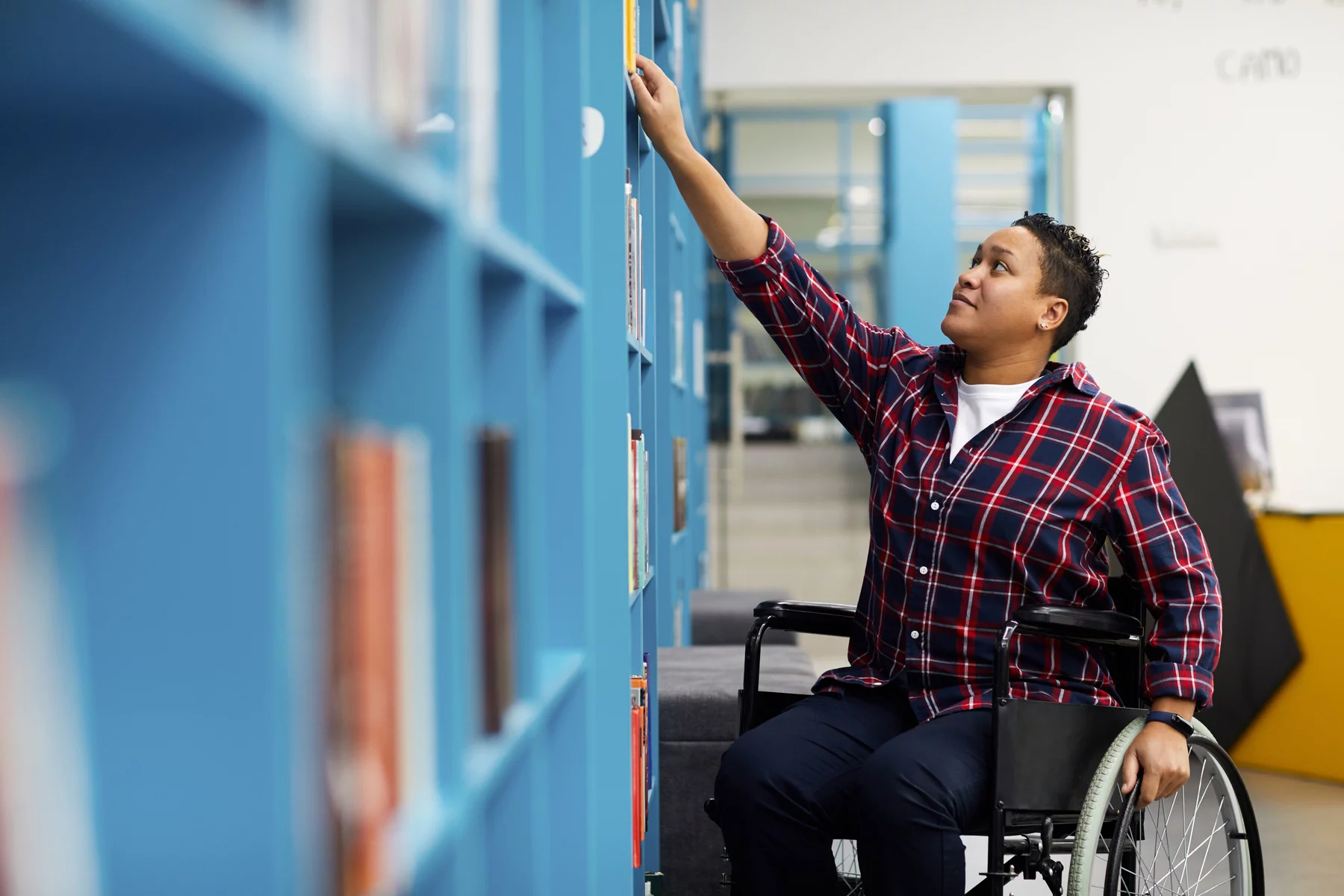
Enrolment in these schools, available throughout the year, requires an assessment to determine the most appropriate school for your child. The assessment will be carried out by the Centre psycho-medico-social, PMS (French) in Liège, or the Centrum voor Leerlingenbegeleiding, VCLB (Dutch). Alternatively, assessment tests can be carried out in English at the Community Help Service (CHS).
You can find details of dedicated SEN schools in a particular area at the town hall (Dutch: Stadhuis, French: Maison communale). The individual Ministries of Education also publish lists of special schools on their websites.
Changing schools in Belgium
Registering for a place in a Belgian school can be difficult, so it can be challenging to change schools during the school year. Many schools, both public and private, have waiting lists. Some students go through the selection process up to two years before, to ensure a place at their school of choice.
Registration also takes place at certain times of the year, usually December or January for public schools. This may affect the ease of changing schools mid-year. International and private schools, however, may have different admissions processes throughout the year. Check with the individual school for their policy.
Homeschooling in Belgium
Due to the differences in curriculum or the price of international schools, some expat parents opt to homeschool their child. While homeschooling is possible in Belgium, the curricula much meet certain requirements, depending on the community you reside in, and students must pass yearly assessments.
The number of children being educated at home, or by private tutors in Belgium is rising. According to a study by Agodi, in Flanders, the number of homeschooled students of secondary school age rose from around 100 to over 1000 between the years 2000 and 2014.
However, there are stringent guidelines in place, and failing to meet them means that parents may face sanctions. If you decide to educate your child at home, you must notify the language-specific department of education. Parents must also sign a document adhering to the UN’s convention on children’s rights, a requirement that has been met with some controversy in the past.
Educational support for expat students in Belgium
With such a variety of languages spoken, language learning is a core part of Belgian public education, and funding is provided to help children who do not speak the main teaching language. Support varies from school to school, so it’s a good idea to ask what support they offer for learning the language. Some schools offer language immersion programs and many run out-of-hours clubs that offer homework help and educational support.
There are also plenty of language courses available to provide extra support for your child. This guide on language courses for kids in Belgium gives you more information on a range of private language support available.
Additionally, summer camps in Belgium can also be a great way for children to integrate, socialize, and learn the language. Some international schools offer programs, and there are language-specific programs like CERAN’s Intensive French Program for Juniors and Teens.
Useful resources
- Enseignement – French-language department for education
- Ostbelgien – German-language education portal
- Onderwijs – Flemish department for education
- Eurydice – the EU education database
- Belgium.be – official information and services for Belgium
